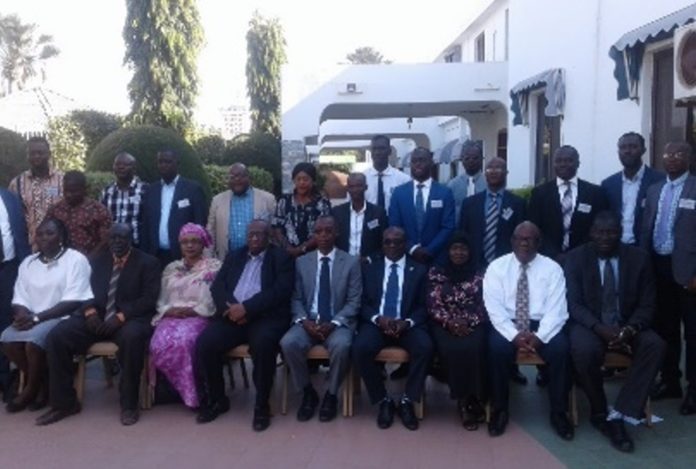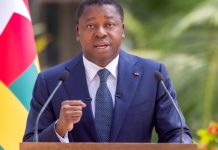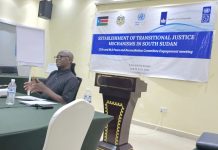By: Kebba AF Touray
The West African Institute for Financial and Economic Management, WAIFEM, on Monday November 19th 2018, started a week’s regional training course on domestic resource mobilization and economic management, at a local hotel in Senegambia.
The course is primarily aimed at equipping participants with the required skills and knowledge on domestic resource mobilization and economic management, to enable them formulate policy reforms aimed at enhancing domestic resource mobilization for financing projects and programs for sustainable economic development.
Akpan H Ekpo, WAIFEM Director, said the institute was established in 1996 with the mandate to strengthen capacity for improved macroeconomic and financial management in constituent member countries and has since inception, successfully executed six hundred and eighty-two courses, to benefit eighteen thousand, three hundred and fifty-one participants, from across the sub-region.
“In line with technological advancements and new trends, WAIFEM has also started E-learning programs for public sector debt management and training on the French language, to bridge the language gap with Francophone countries, to deepen the regional integration process,” he said.
He said domestic resource mobilization is important, because it is potentially a source for long term financing for sustainable development, to strengthen fiscal institutions and forestall aid dependency by increasing ownership of policy space to implement strategies that reflect development priorities.
Akpo said the course is designed to cover key fiscal topics such as overview of domestic resource mobilization and economic management concepts, financial markets, sustainable economic development, tax policy and administration, as well as tax revenue potentials and revenue forecasting.
Essa Drammeh, Second Deputy Governor of the Central Bank, said macroeconomic management involves the formulation and monitoring of macroeconomic policies, including issues related to analysis and projections of core macroeconomic sectors, such as real, fiscal, monetary and external.
“To ensure the availability of adequate funds for budget execution through expenditure on programs and projects, macroeconomic managers must mobilize revenue from various legitimate and non-distortionary sources,” he said; that to deliver essential services needed to end extreme poverty, Governments of developing country must spend their resources in a transparent and accountable manner, to address the issues known to foster sustainable, broad based economic growth and development, by providing the needs of their citizens.



















